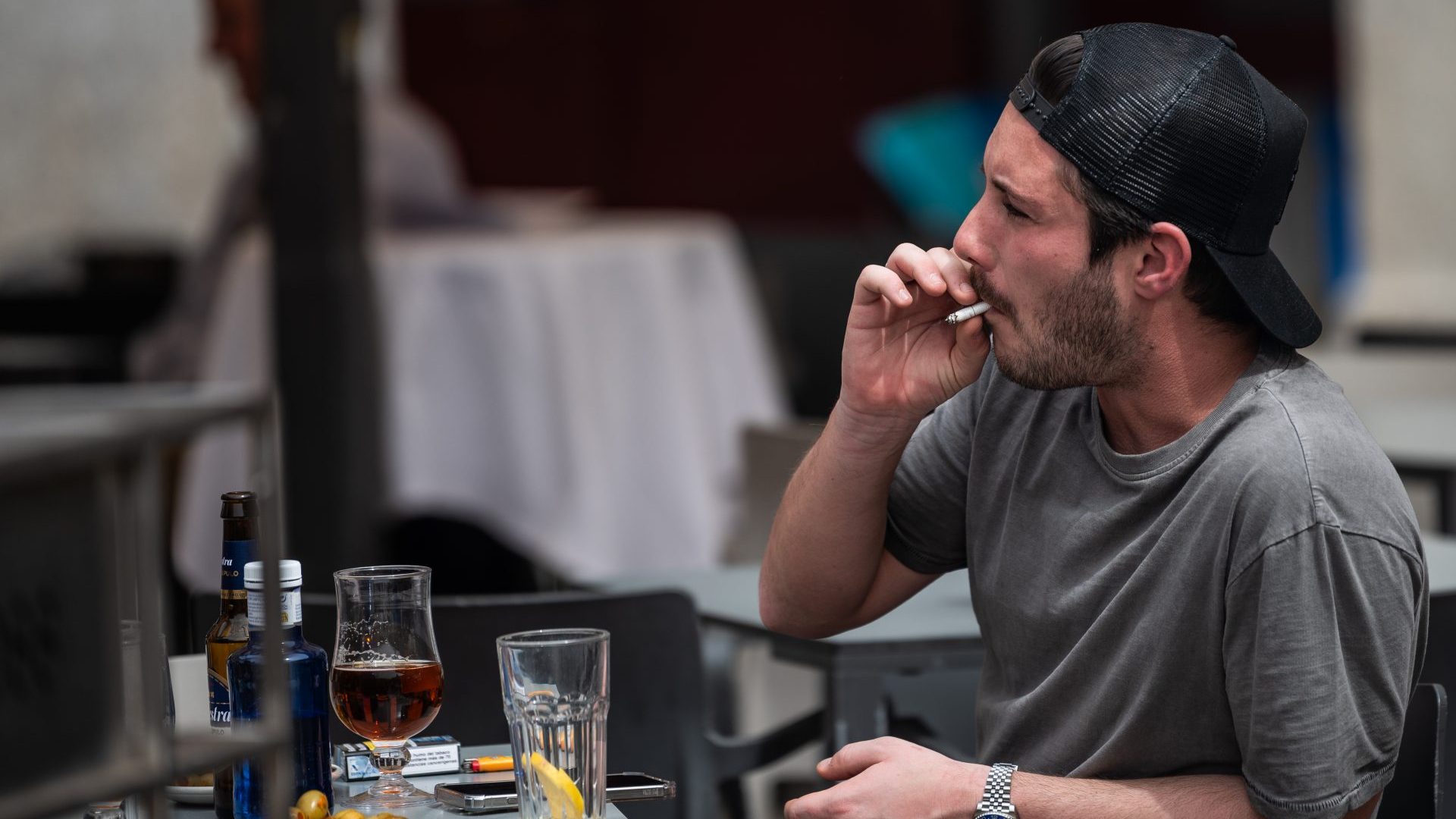Controversial measures against smoking, proposed by a government whose future is on a knife-edge, aren’t just the preserve of the UK. Rishi Sunak’s legislation may have been scrapped because of the election, but Spain is doing its bit instead
In been line with the EU’s goal of reducing tobacco use by 30% by 2025, Pedro Sánchez and his Spanish Socialist Workers Party (PSOE) have launched a plan to outlaw smoking in a range of public spaces, such as terraces and outside the front of bars and restaurants. Under further proposals, it could also become illegal to smoke when driving with a child, or a pregnant woman, in your car.
The PSOE also wants to raise tax on tobacco. A packet of 20 cigarettes in Spain currently costs the equivalent of £4.10, as opposed to around £15 in the UK. In the Canaries, you can buy a pack for less than £3.
Sánchez, who last month almost resigned as the country’s prime minister in the midst of corruption allegations against his wife, has not taken the next step of cementing this plan into national law. The plan is simply a framework for autonomous regions to adopt if they want to. So far, Cataluña, las Canarias, País Vasco, Navarra and Asturias have all opted in.
Around 54,000 Spaniards each year die from tobacco, and in the first years of the new millennium, Spain regarded itself as one of Europe’s pioneers in anti-tobacco legislation. But since 2010, there has been very little change – until now.
The problem is that the country has a still-thriving smoking culture, something my friends here in northern Spain can attest to. When I asked, “do you think smoking is a big part of Spanish culture?”, the resounding reply was “absolutely”. Smoking, they say, is heavily associated with not only drinking, but socialising. And if they are out in a group, on a night out, they’re “more likely to smoke if someone else in the group does”.
Of course, not everyone smokes, and it is becoming increasingly common to either quit or simply never start, but where there are tapas/pintxos and a glass or two of wine involved, someone is usually lighting up. Even the teachers at the primary school where I work often nip out for a smoke and a midday catch-up, hidden behind the little bus stop just outside the school gates.
While they look like cheeky teenagers, it emphasises the fact that smoking is most definitely not just a solitary activity here. It takes place in the sociable outdoor areas – the terraces, on the streets outside bars and restaurants – the exact places that the PSOE want to ban it.
Walking around Santander, I find I’m not choking on clouds of smoke – at least, no more than I do when at home in the UK. In fact, the English youth culture I’m familiar with is not all that different to Spain, where smoking goes practically hand-in-hand with clubbing and pubbing.
Holidays in Spain, to the well-known haunts of Ibiza and Málaga, are also very much associated with smoking, as well as drinking, for my English friends.
How is this all going down? Between 18% and 22% of the population still smokes, depending on which survey you look at – either way, it’s higher than the European average. They are predictably enraged. The era when doctors would smoke during health check-ups is still in living memory for many Spaniards.
But even in a country where smoking remains socially acceptable, the widespread acceptance of new restrictions is actually quite likely. There seems to be sympathy for the idea that children, who are allowed on bar and restaurant terraces, should be protected from the smoke of adults.
One factor may have already moved the goalposts: during the pandemic, smoking was not only banned in the outdoor areas of restaurants and bars, but also on some beaches. Would full-time prohibition be such a big step?
Amelie Baker is a British student currently living in Spain



